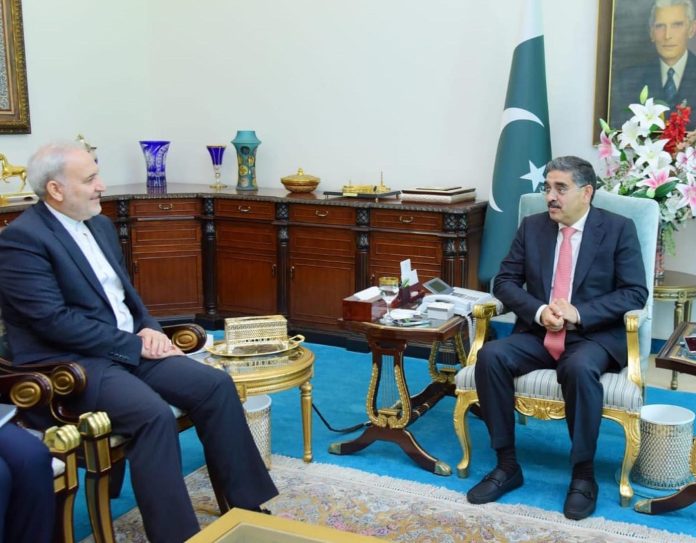ISLAMABAD, Sep 1 (DNA): Iranian Ambassador Reza Amiri-Moghaddam emphasized the distressing trend of increasing incidents that disregard the sanctity of religious symbols, particularly in European nations.
Addressing an event titled ‘Honoring the Holy Quran from the Perspective of Religions and Sects’ organized by the Iranian Cultural Consulate in collaboration with Majlis Wahdat-e-Muslimeen here at a local hotel the other day, the Ambassador highlighted the contradiction between championing human rights and the violation of religious sanctity, citing the desecration of the Holy Quran on over six occasions in the past six months.
Ambassador Amiri-Moghaddam conveyed his pleasure in joining the assembly of learned individuals and expressed gratitude for their presence on this significant occasion. He extended his appreciation to those who played a role in organizing the event that brought together scholars and devotees from various religious and sectarian backgrounds, including Shia, Sunni, Christian, Sikh, and Hindu, united by a common purpose.
The event, which focused on the honor and reverence of the Holy Quran from a multi-religious perspective, was described by Ambassador Amiri-Moghaddam as timely and relevant. He went on to express his concerns about recent incidents in European countries that had displayed disrespect for the sanctity of the Holy Quran.
He pointed out the unfortunate permission granted by the Swedish government for the disrespect of the Holy Quran under the guise of freedom of expression, which he deemed a dangerous precedent. Expressing disappointment over the lack of preventative actions, he raised concerns about similar future occurrences.
He asserted that the desecration of the Holy Quran extended beyond a religious issue, presenting it as an affront to all divine scriptures across various faiths. He said the condemnation of this act came from religious leaders globally, including those within Islamic countries, who stood united against such unacceptable behavior.
The Ambassador underscored the significance of this issue, considering its implications on the objectives outlined in the United Nations Charter and the principles of mutual coexistence.
He pointed to the violation of international law that prohibits the propagation of religious hatred. He highlighted the contradiction between these actions and international agreements and human rights principles, citing treaties that prohibit any form of discrimination inciting hatred or undermining equality.
The Ambassador labeled the despicable act of disrespecting the Holy Quran as emblematic of an agenda that seeks to fuel discord among Islamic nations. He expressed concerns about the silence of European nations on these matters within their borders, raising questions about their commitment to protecting religious sanctity while upholding freedom of expression.
Amid the advancements of technology that amplify humanity’s spiritual and ethical capacities, he urged scholars to promote positive discourse. He stressed the need to create an environment where all religions can effectively counteract the trend of disrespect.
He emphasized the importance of national and international actions to prevent the recurrence of such acts.
Concluding his address, the Ambassador expressed gratitude to the people of Pakistan, scholars and the government for their resolute stance against the disrespect of the Holy Quran. He commended Pakistan’s commitment to safeguarding religious symbols and applauded its campaign to honor the Holy Quran and praised unwavering dedication to preserving religious sanctity.

















